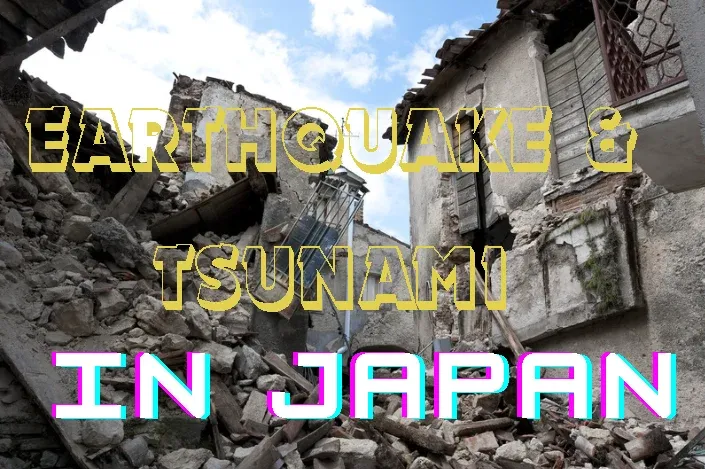Will the earthquake and tsunami in Japan of March 11, 2011 have any global effects or consequences on the rest of the world?
1. Nuclear Disaster and Global Concerns:
2. Global Supply Chain Disruptions:
3. Economic Impact:
4. Humanitarian and Global Solidarity:
The international community responded with an outpouring of humanitarian aid and support for Japan. Countries worldwide sent rescue teams, supplies, and financial assistance to help with the immediate aftermath and long-term recovery efforts. The disaster highlighted the interconnectedness of nations and the importance of global solidarity during times of crisis.
5. Impact on Energy Policies:
The Fukushima nuclear disaster prompted many countries to reevaluate their energy policies and nuclear power strategies. Some nations reconsidered their reliance on nuclear energy, leading to shifts toward alternative and renewable energy sources. The event influenced discussions on the safety and sustainability of nuclear power globally.
6. Scientific Understanding and Preparedness:
The earthquake and tsunami provided valuable data for scientists studying seismic activity and tsunamis. It contributed to a better understanding of the dynamics of such natural disasters, leading to improved early warning systems and preparedness measures not only in Japan but also in other seismically active regions worldwide.
7. Lessons Learned for Disaster Preparedness:
The events of March 11, 2011, prompted nations globally to reassess and enhance their disaster preparedness and response mechanisms. Lessons learned from the Japanese experience influenced policies on infrastructure resilience, early warning systems, and community preparedness in various countries vulnerable to natural disasters.
In summary, the earthquake and tsunami in Japan in 2011 had far-reaching consequences beyond the borders of the country. From changes in energy policies to global economic impacts and advancements in disaster preparedness, the events of that day left an enduring mark on the world. The disaster underscored the importance of international cooperation in addressing the challenges posed by natural disasters and highlighted the need for continued efforts to build resilience and mitigate the impact of such events globally.



